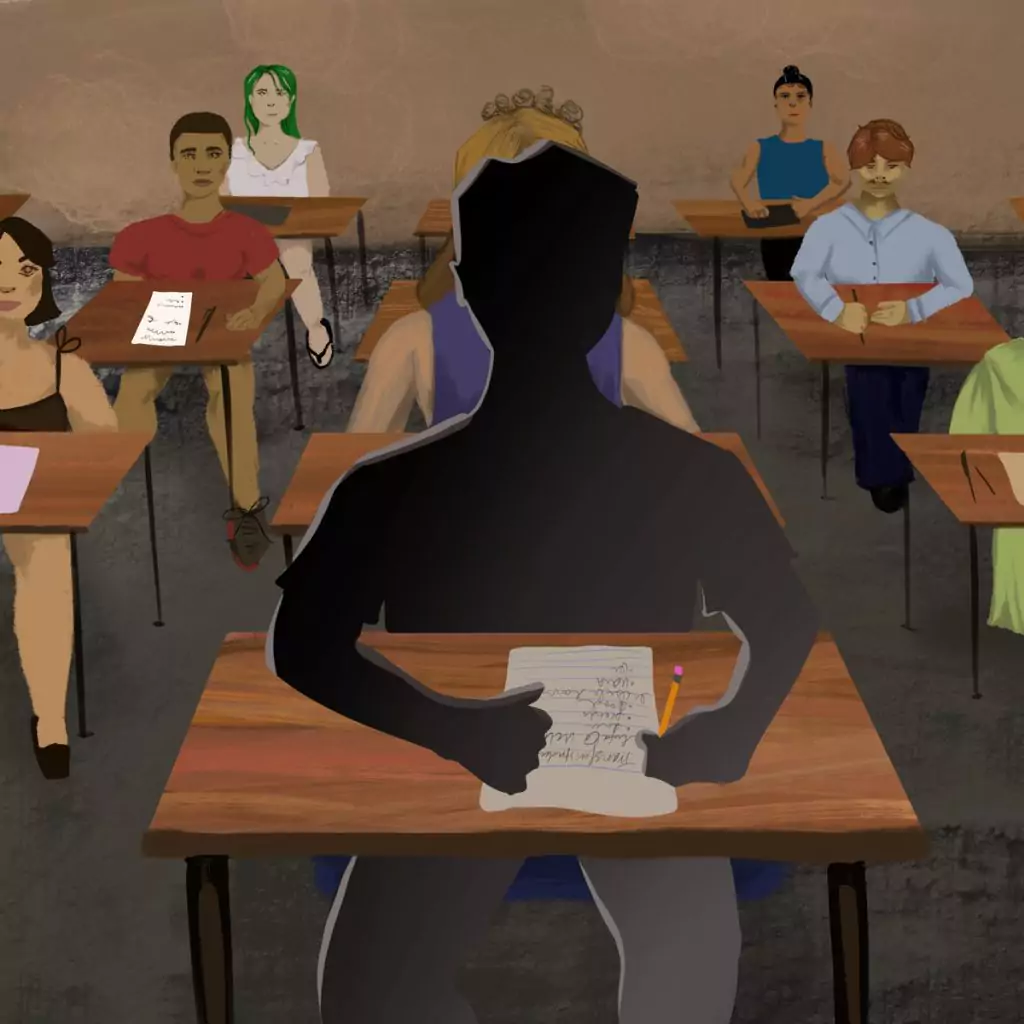This month: A rise in living costs is increasingly driving university students to undertake excessive paid work, adding to the pressure and potentially hindering academic performance. The notion that education is a fundamental right, not a privilege, gained momentum, arguing for greater accessibility and fairness. Imposter syndrome has also been identified as a common occurrence in academic life, with students feeling they’re not deserving of their place or achievements. Finally, PhD candidates shared insights into how they’re successfully achieving work-life balance amidst the demanding nature of their studies, offering valuable tips for peers in similar situations.

✅ AI Essay Writer ✅ AI Detector ✅ Plagchecker ✅ Paraphraser
✅ Summarizer ✅ Citation Generator
If you are not into reading the news but still want to stay updated on the latest trends in the lives of students, A*Help got you covered. We collect all the juiciest and most discussed topics to form a monthly digest to keep you posted on what’s happening on college campuses and dorms. We are determined to give you the most valuable pieces so you don’t waste your time on irrelevant information. On top of that, this news summary can be useful in showing you what being a student is all about.
Rising Living Costs Drive University Students to Excessive Paid Work
July 2, 2023

The trend for the escalation of living costs is leading university students to seek extensive paid work, a situation that is becoming a growing concern.
In trying to meet their financial obligations, many students are finding themselves in a predicament where they must juggle intense academic responsibilities with a demanding work schedule. This scenario is adding significant pressure to their lives and possibly affecting their academic outcomes. Policymakers, university administrators, and stakeholders are being urged to explore more comprehensive financial aid solutions and strategies to curb this troubling trend.
Education is a right, not a privilege
July 16, 2023

The call for recognizing education as a basic human right, not a privilege was drawn. Despite the adoption of this principle in many educational policies worldwide, a substantial gap persists between theory and practice.
Many students, particularly from disadvantaged backgrounds, face barriers to education, including financial hurdles and systemic inequalities. The piece argues for a more equitable approach to education, ensuring all students, irrespective of their socio-economic status, have the chance to fulfil their potential. To bridge this gap, governments, educational institutions, and stakeholders must continue efforts to dismantle barriers and cultivate inclusive educational environments.
Am I in the Right Place? The Reality of Imposter Syndrome in Academic Life
July 23, 2023

Impostor Syndrome – the feeling of being a fraud despite evident success – is increasingly prevalent in academic life, according to a recent report.
Students, particularly those in higher education, often doubt their accomplishments and fear being exposed as fraud. This mental health concern can adversely impact students’ overall well-being, academic performance, and interpersonal relationships. It is suggested that educational institutions need to be proactive in addressing Impostor Syndrome through strategies such as mental health workshops, counselling services, and creating a supportive academic culture. It was underscored that recognizing and normalizing these feelings is an important step towards combatting this issue.
PhD work-life balance: Tips and Successful Stories
July 27, 2023

How is your work-life balance? Is it successful? A recent article highlights the importance of keeping these two points in balance for PhD students and shares practical advice and inspiring success stories.
The article notes that while a PhD is a significant commitment that often requires long hours, maintaining a balance between work and personal life is crucial for overall well-being and productivity. Suggestions for achieving this balance include setting boundaries, regular physical activity, maintaining social connections, and taking regular breaks. The article also features success stories from PhD students who managed to strike a balance between their studies and personal lives, stressing that it is indeed possible and highly beneficial. In conclusion, the piece emphasizes that mental health should not be neglected, and universities should foster a supportive and understanding environment for their students.
Follow us on Reddit for more insights and updates.





Comments (0)
Welcome to A*Help comments!
We’re all about debate and discussion at A*Help.
We value the diverse opinions of users, so you may find points of view that you don’t agree with. And that’s cool. However, there are certain things we’re not OK with: attempts to manipulate our data in any way, for example, or the posting of discriminative, offensive, hateful, or disparaging material.